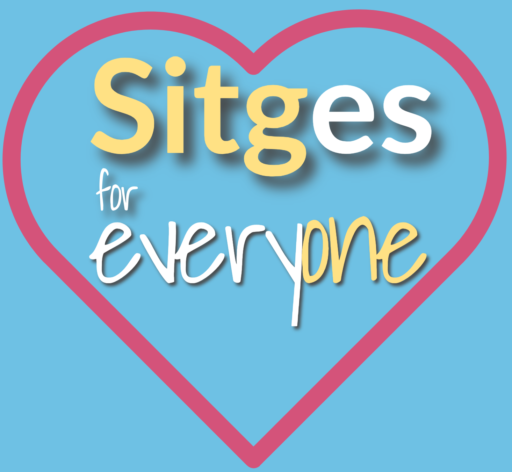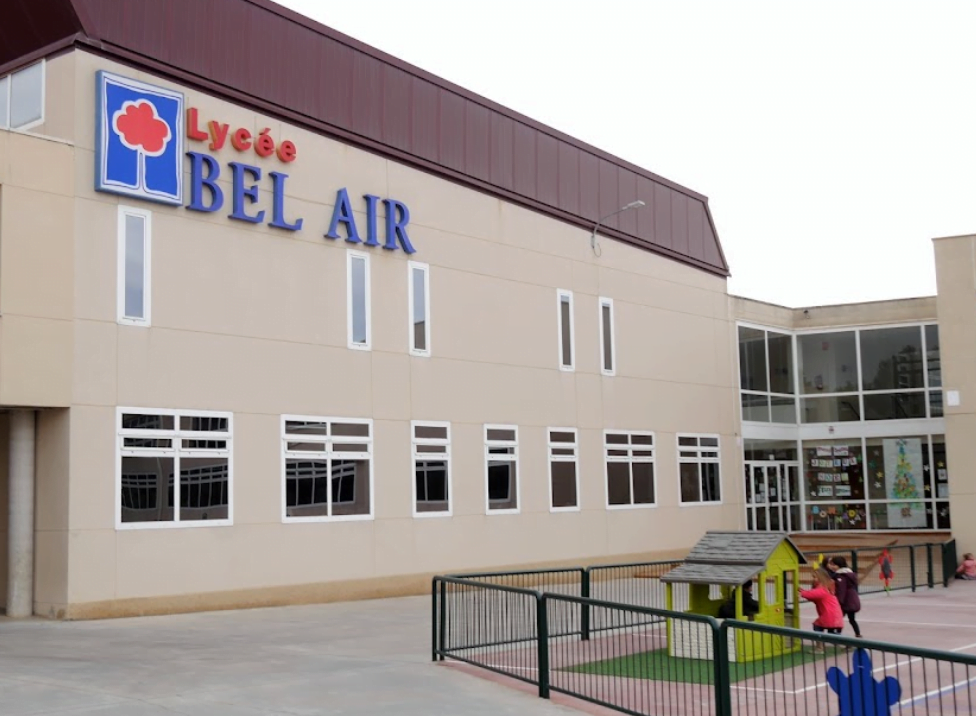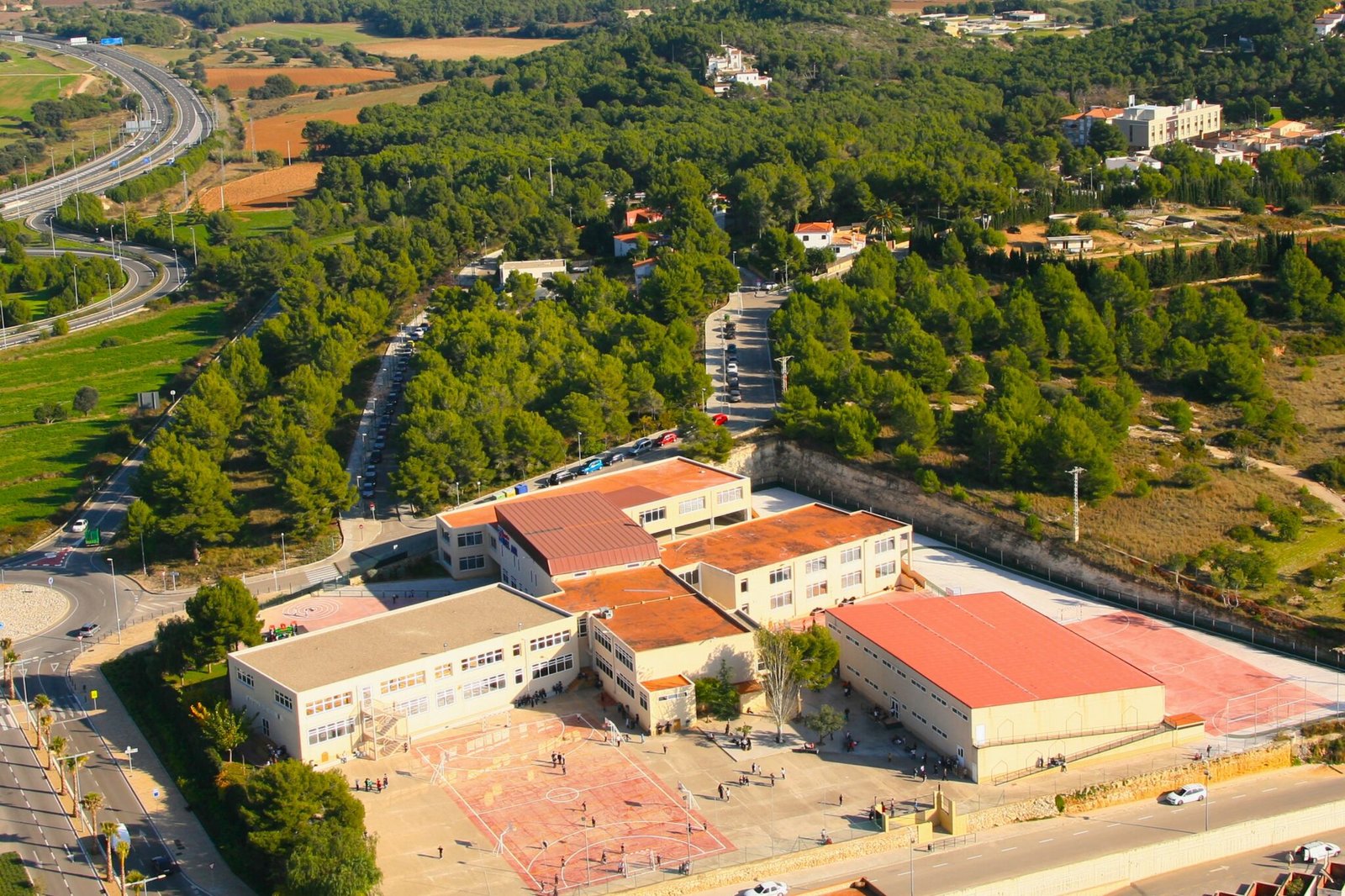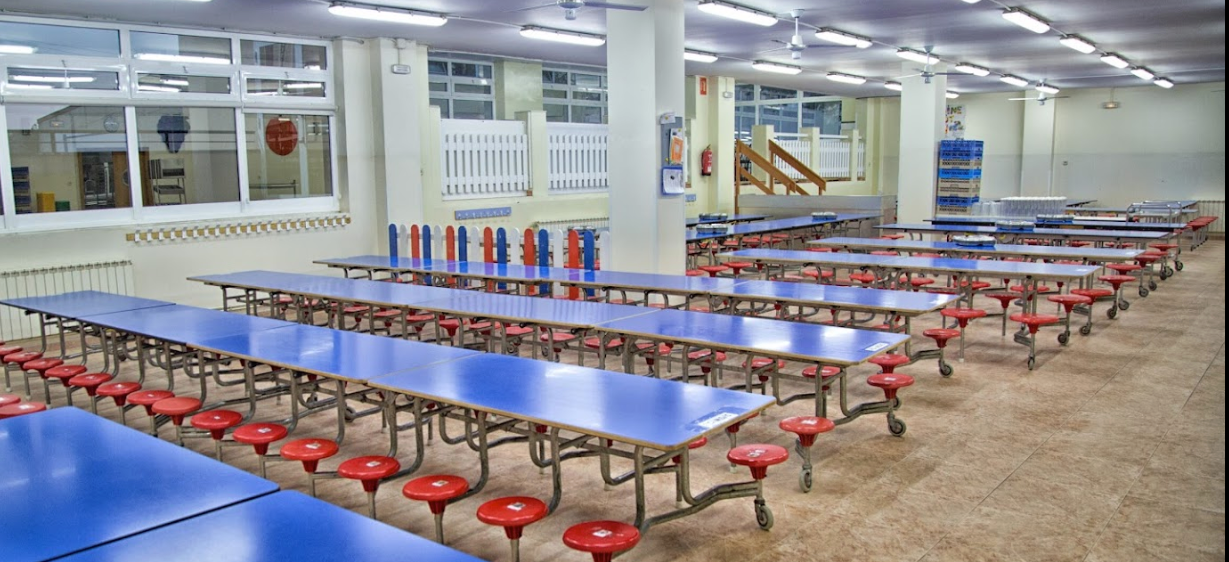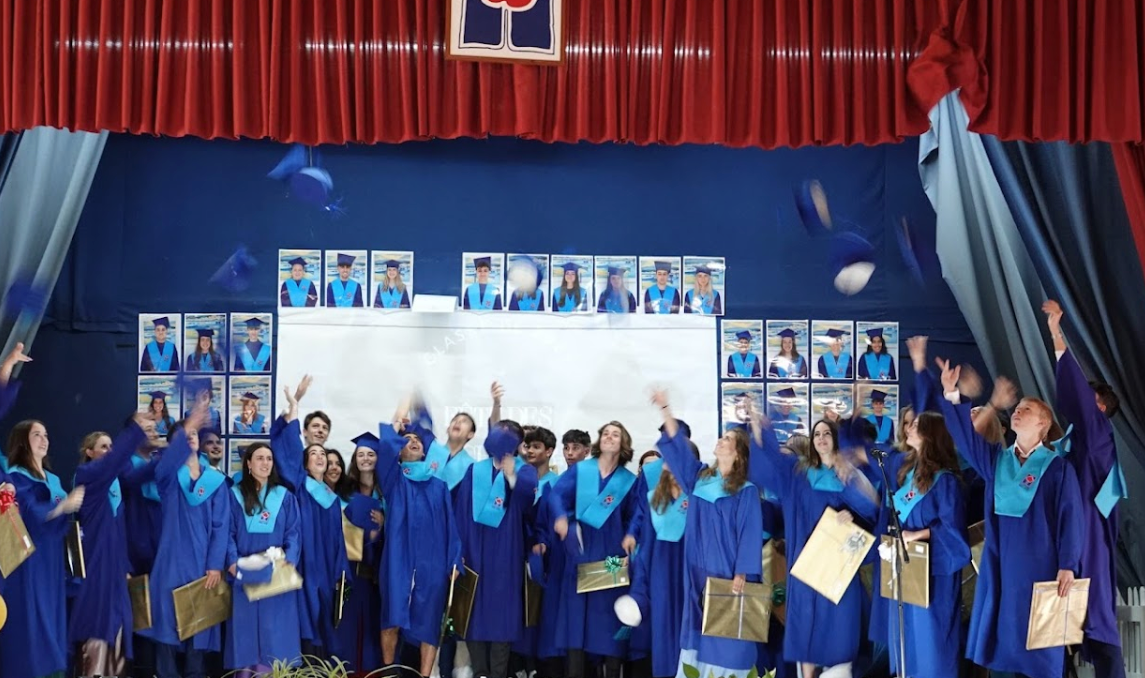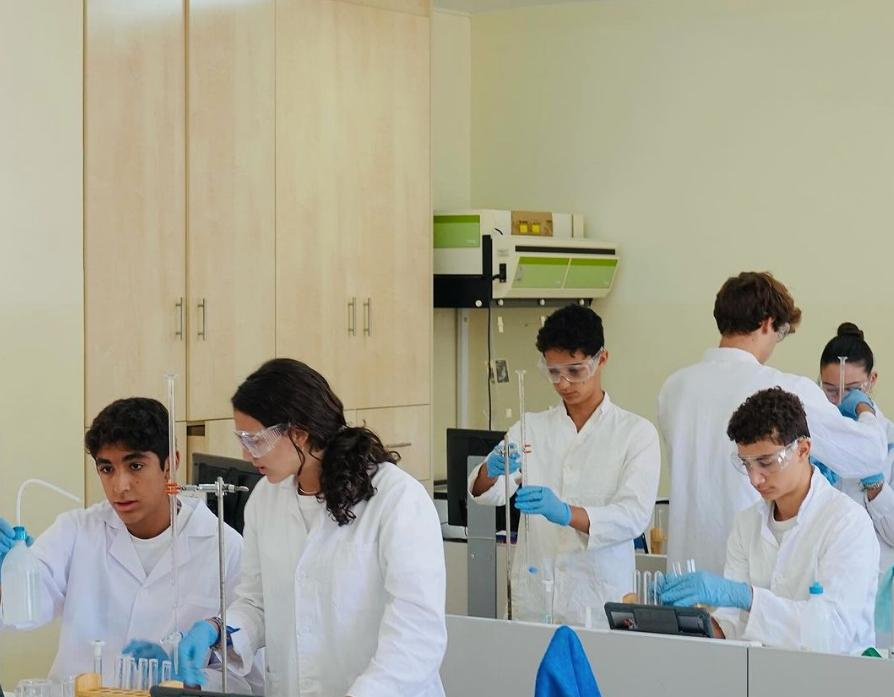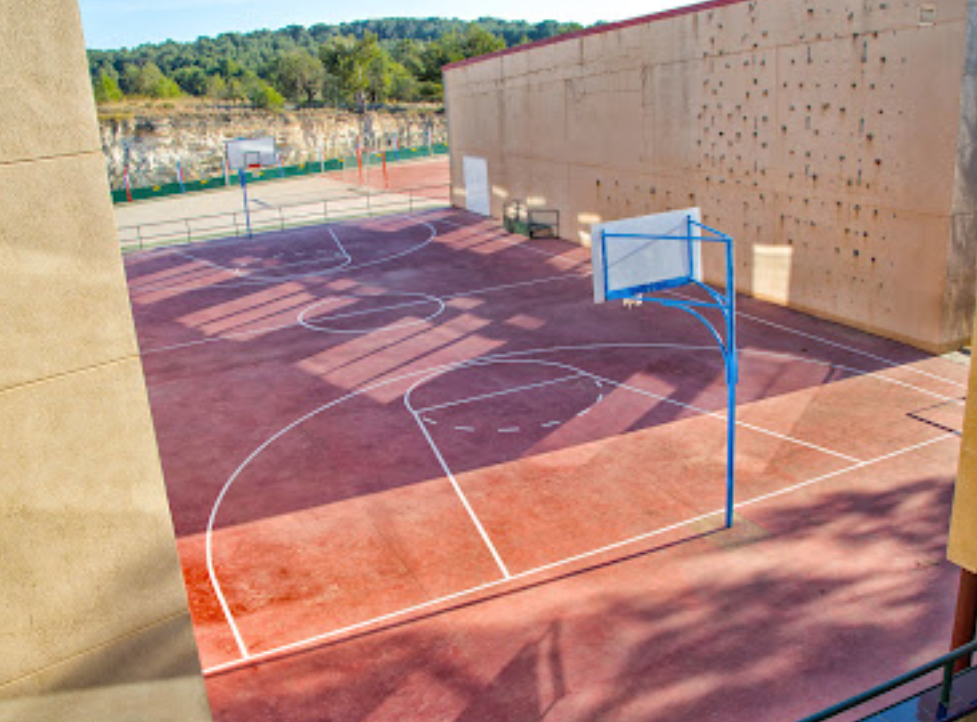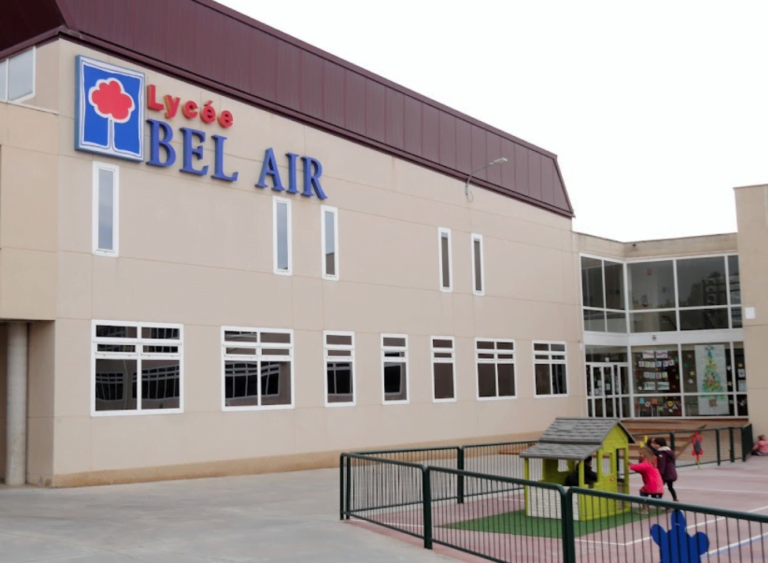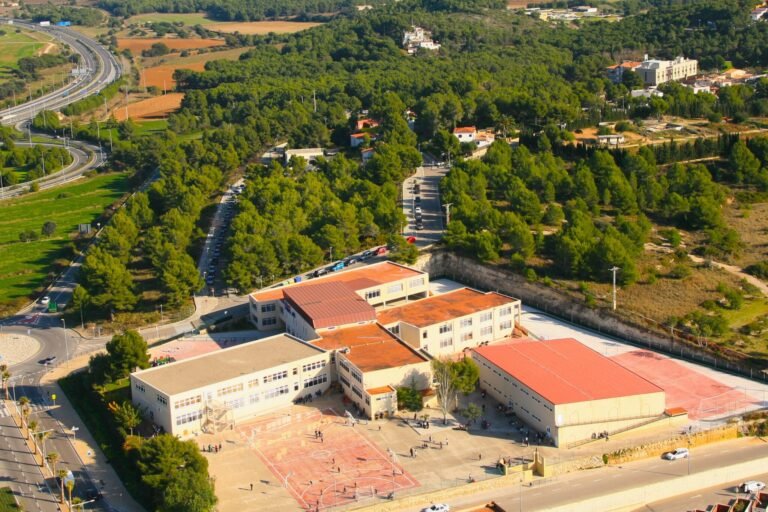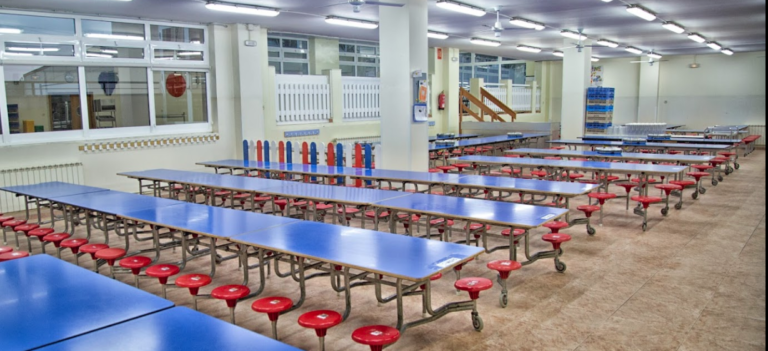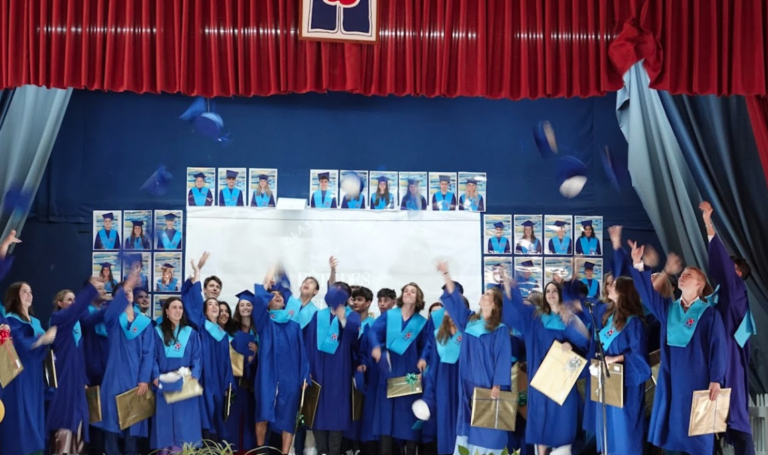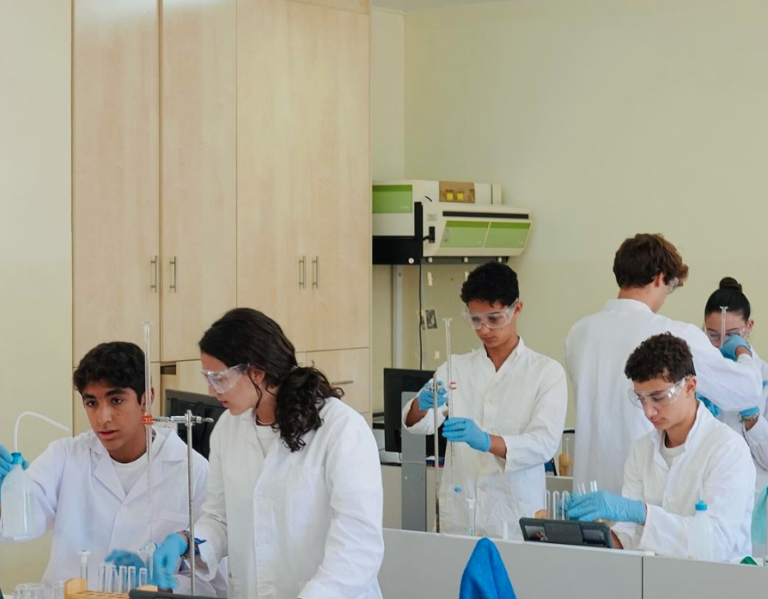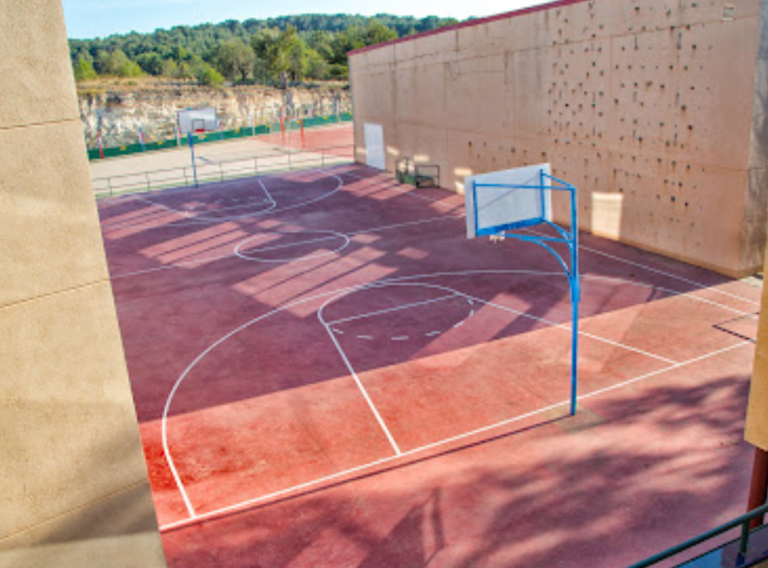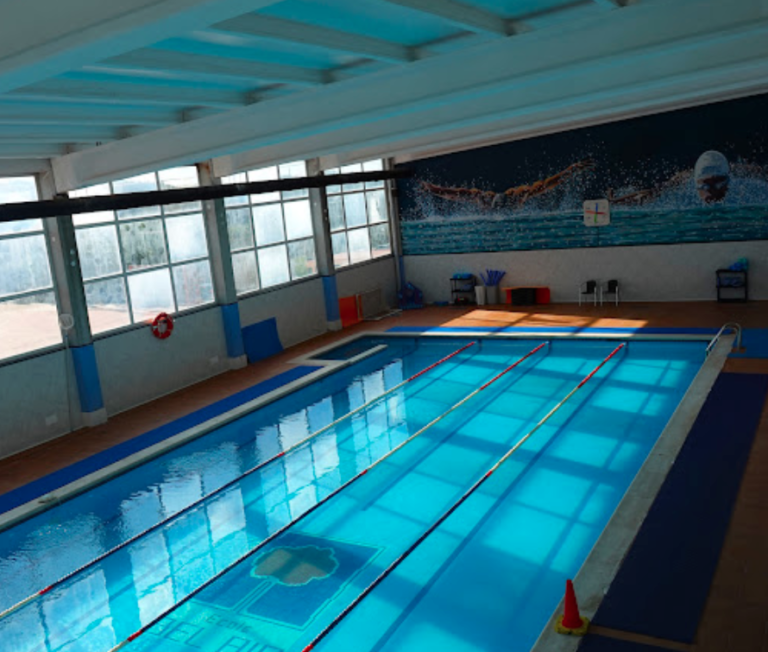Profile
Lycée Bel Air Sant Pere de Ribes
Lycée Bel Air Sant Pere de Ribes follows the French school curriculum. The teaching is fully approved by the French Ministry of National Education. It goes from nursery school to the Baccalaureate.
The Lycée Français BEL AIR is an establishment officially recognized and approved by “the Ministerio de Educación, Cultura y Deporte” and by the “Generalitat de Catalunya” . It is registered in the “Registro de Centros Extranjeros”. Thus recognized and authorized by the competent education authority, the lycée provides teaching of Spanish and Catalan language and culture, included in the curriculum.
At college and high-school (secondary and 6th form) level, our approach is as follows:
Secondary
Students’ entry into secondary education is marked by their transition to middle school. The latter is subdivided into four levels, ranging from sixth to third, and is structured around educational cycles .
STRUCTURE (CYCLES)
Schooling, from nursery school onwards, is divided into four 3-year cycles which give pupils longer time to assimilate learning.
College schooling begins with the last year of cycle 3, the consolidation cycle . This cycle therefore straddles elementary school and middle school. Cycle 4, the in-depth cycle , includes the 5th , 4th and 3rd grade classes . During this cycle, students develop their knowledge and skills in the different disciplines while preparing for the continuation of their training and their future active participation in the evolution of society.
CYCLE 3: SIXTH: LAST YEAR OF CYCLE 3, CONSOLIDATION CYCLE
The 6th grade is a crucial stage in students’ education, requiring special attention from the educational team. The objective is to strengthen students’ knowledge so that they can approach the rest of their college career with confidence. This is why the organization of courses in 6th grade was reviewed at the start of the 2023 school year.
For students who have academic difficulties, this educational support is a key way to avoid having to repeat a year by avoiding accumulating delays and, often, by providing responses adapted to their needs. For all students, it is an opening to new progress.
In 6th grade, the lessons of life and earth sciences, physics-chemistry and technology are grouped into “EIST Sciences and Technology” , forming a common program, continuing the first years of cycle 3.
Lessons in 6th grade:
Castilian
Catalan
Visual art
Music
Study
French
Mathematics
English
History – Geo-EMC
Social
EIST-Sciences
EPS
CYCLE 4: FIFTH, FOURTH AND THIRD, CYCLE OF DEEPENING
The objective is to enable students to develop skills in different areas and in cross-disciplinary courses.
Particular attention is paid to the development of the student orientation project, as part of the Future course.
The health educational course, the artistic and cultural education course and the civic course offer students, who are adolescents experiencing a new relationship with themselves and others, a framework allowing them to build essential skills. This is done in a climate of trust, as they face an abundance of new knowledge and new technologies, particularly digital. They must be able to approach interdisciplinary situations with personal and creative thinking while respecting the standards that are part of a common culture.
Teaching at college (secondary) level is structured into disciplines:
French
Mathematics
History geography
Moral and civic education
Modern languages
Life and earth sciences
Chemical Physics
Technology
Physical education and sport
Plastic arts
Musical education
Interdisciplinary practical lessons (EPI) and personalized support (AP) are complementary lessons which are part of the compulsory lessons.
The objectives of each end of cycle are set by national programs which allow the knowledge and skills of the common core subjects to be worked on. These programs include teaching in the history of the arts, as well as media and information education, which are not attached to a particular discipline but are provided by several teachers, including the librarian.
Find out more about our approach to secondary here
High School (6th form)
The high school stage, marked by the acquisition of great autonomy, know-how and interpersonal skills, has the main mission of helping the student prepare for the continuation of his studies in higher education, in the country and university of their choice.
The progressive acquisition of knowledge and skills allows high school students to succeed in the final exams and obtain their BAC diploma.
The Lycée Français Bel Air also prepares students for access to the Grandes Écoles
School Philosophy and Approach:
Our overarching philosophy can be found all through our school:
INTEGRAL TRAINING OF STUDENTS
We aim to offer our students not only intellectual but also moral and civic training.
We want to train individuals who can respond to the challenges of society which require triple skills: professional, cultural and civic.
PLURALITY AND SECULARISM
We wish to train our students with the principles of respect and ideological and religious plurality. To do this, we stimulate the values of a democratic society among our students: solidarity, tolerance, dialogue, responsibility and critical thinking.
For all professionals at Lycée Bel Air, the educational process covers the different aspects of the child’s personality. The school and the family must provide the means to develop their potential.
THE MEANING OF EFFORT
In this idea, our students receive constant encouragement to develop their capacity for personal effort and to overcome their own difficulties. We place a major emphasis on a sense of effort and responsibility in order to allow our students to grow as individuals as well as in their intellectual and academic work.
RESPECT FOR SOCIAL RULES
RESPECT FOR PEOPLE
Throughout their schooling, our students learn the rules of good education or “the art of knowing how to live”, in good harmony with their environment.
We value dialogue, respect and kindness between members of our school community.
Map
Sorry, no records were found. Please adjust your search criteria and try again.
Sorry, unable to load the Maps API.
